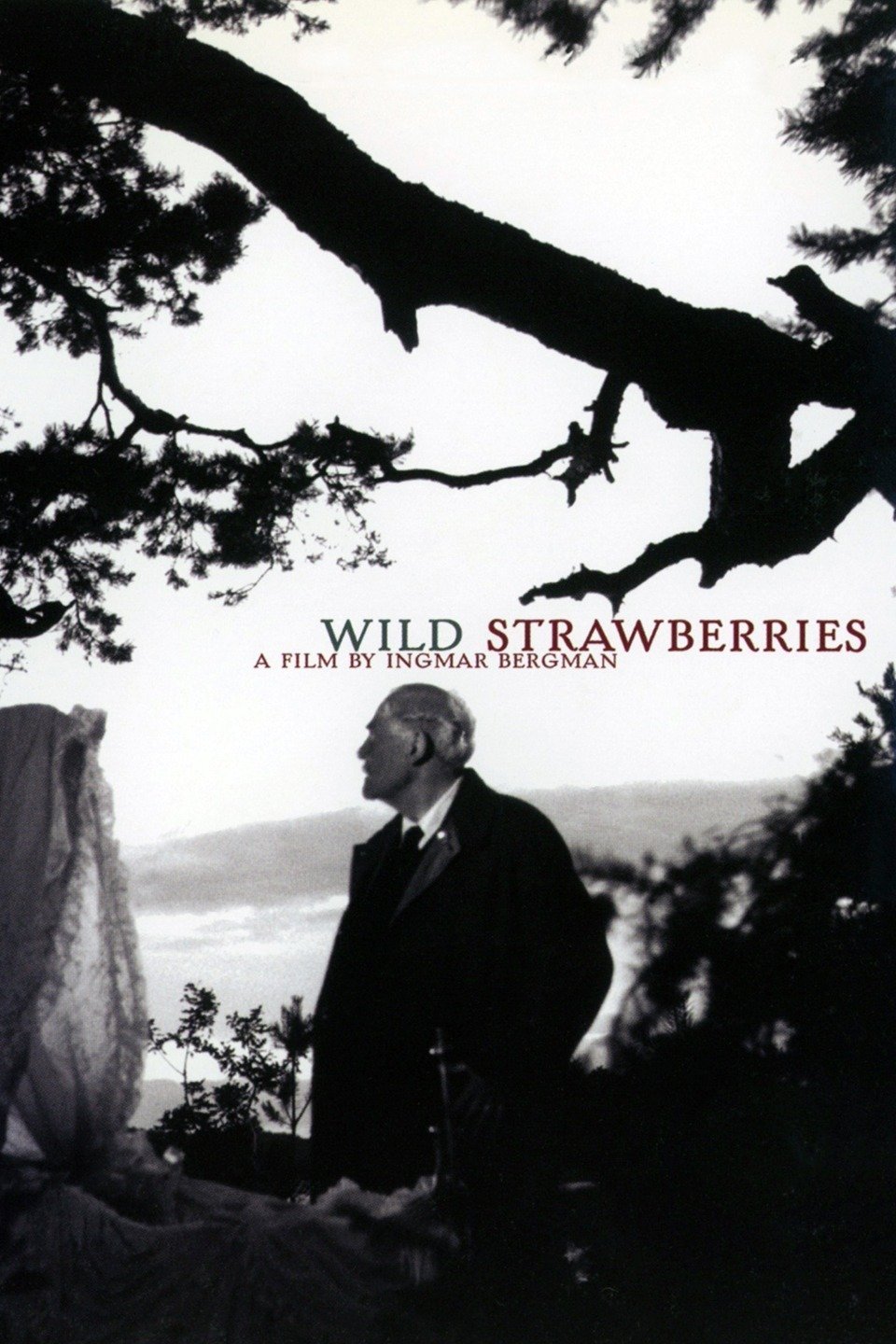Pun is a joke exploiting the different possible meanings of a word or the fact that there are words which sound alike but have different meanings.
1. A man was severely hurt as a pile of books fell on him in the library. Apparently, he only has his shelf to blame.
2. As I struggled in the class with a half pencil, my teacher looked at me and said, "Writing with a broken pencil is pointless, my child."
3. The comma said, "I think we should slow down for a while." The full stop replied, "We'd rather just stop right now!"
4. Did you know, seven days without a pun can make one weak?
5. My friend said he is terrific friends with 25 letters of the alphabet, but he doesn't know Y.
6. My sister said, "I stayed up the whole night to see where the sun went, then it finally dawned on me." She's great with her grammar for sure.
7. My teacher always says, "Double negatives are a big no-no."
8. My teacher avoids cliches like the plague!
9. When in class, my teacher called me and said, "Name 2 pronouns." Alarmed, I said, "Who, me?"
10. When my teacher asked what I want to do during the vacation, I said, "Go to Italy, Rome around and pasta time." I am one of her favorite students now.
11. At night, an owl said, "Whom" instead of who, and my father exclaimed, "Now, that's a classy owl right there."
If you like puns, post them in the commentary section below.



